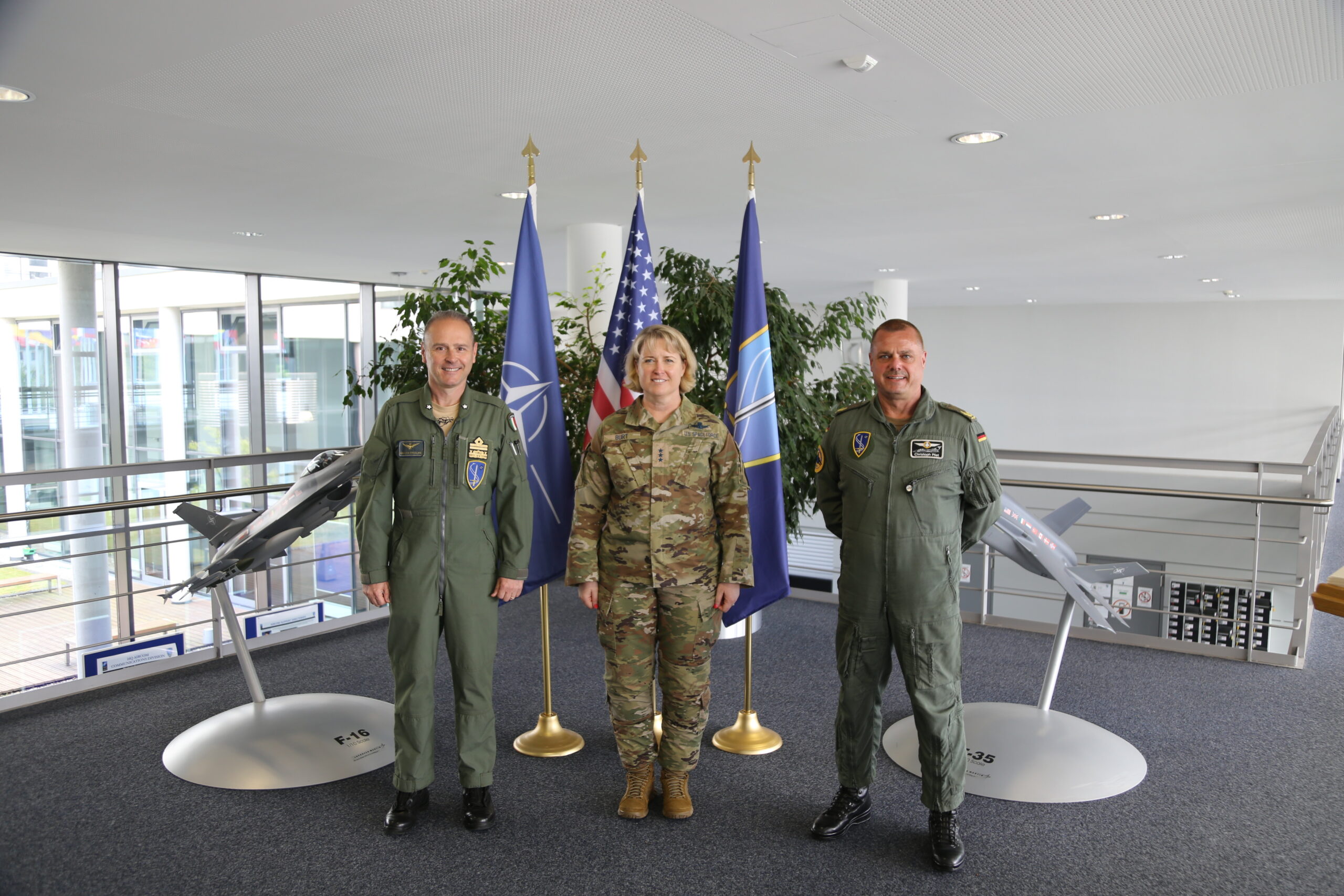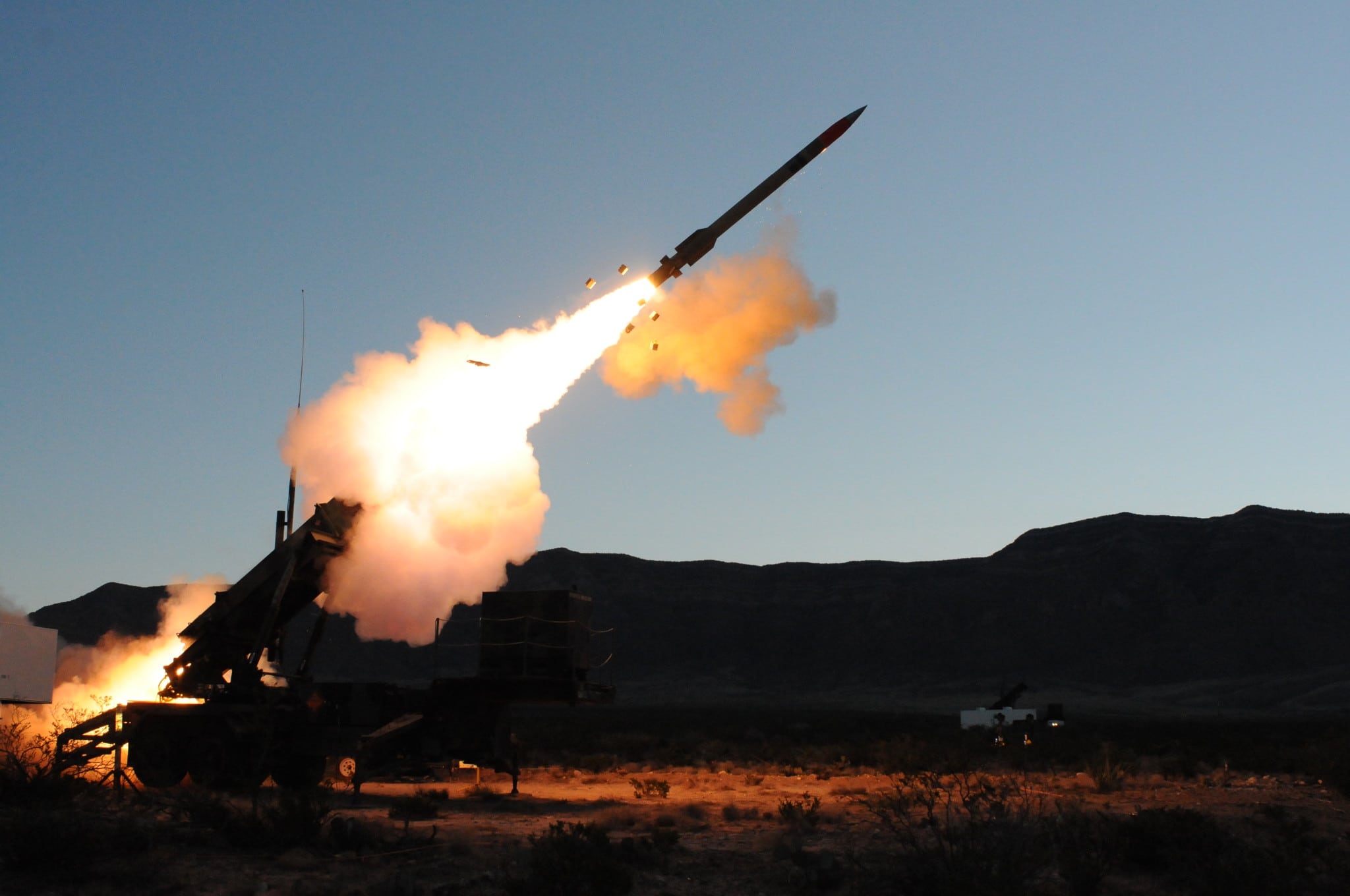WASHINGTON — U.S. Space Force deputy chief of space operations Lt. Gen. DeAnna Burt during a recent trip to Germany and the UK heard a consistent message from allies: They don’t expect the USA to bear all the prices of protecting satellites from cyber attacks and other threats.
In an interview with , Burt said a growing variety of spacefaring nations want to work with the USA on technologies and techniques to defend their assets from anti-satellite weapons, and are increasingly making their very own investments in space defense systems.
Burt, who’s deputy chief for operations, cyber and nuclear, said the Space Force is ramping up efforts to work more closely with allies. This can be a top priority of the chief of the Space Force Gen. Probability Saltzman, who declared “partner to win” as one in every of the service’s ideals.
In meetings with European allies, most of the conversations were about them ‘“not wanting to place the burden on the U.S.,” Burt said. “Other nations are having the identical conversation. How are all of us going to defend our capabilities against these threats? And the way are we going to be mutually supportive of one another in the longer term?”
Many countries have capabilities to contribute to joint defense efforts, Burt said. What stays to be seen is “how can we construct things in keeping with our partners which might be interoperable just as we do in every other domain?”
Defending satellites has turn into a front-burner issue since Russia’s invasion of Ukraine. Russian forces targeted Ukraine’s communications infrastructure with missiles and cyberattacks on Viasat’s KA-SAT and SpaceX’s Starlink networks.
Burt has suggested increased sharing of cyber threat information amongst allies, and even jointly buying or constructing cyber-defense systems.
U.S. supporting NATO space center
The Space Force plans to soon establish a unit inside U.S. European Command, based at Ramstein Air Base in Germany..
The service already has arrange components at U.S. Pacific Command, U.S. Forces Korea and U.S. Central Command. “We’re slowly constructing our next one in EUCOM,” said Burt. The ultimate order is awaiting approval from the secretary of defense. “Hopefully that can come any day now,” she said.
In meetings with U.S. and NATO commanders during her recent trip, Burt said most of the questions were about how the Space Force will support NATO, which operates an area defense center at NATO’s Allied Air Command in Ramstein.
“They can be starting 24/7 operations this August,” said Burt. “Every country is providing capability into that center.”
For the U.S. Space Force, “adding a service component right away is absolutely timely, and it should proceed to bring that dialogue with NATO and space even further,” Burt said.
Restrictions on information sharing
U.S. support of NATO’s space operations presents some challenges attributable to security restrictions that prevent the U.S. from sharing details about space systems and threats in orbit.
Conversations on space defense are frequently classified and the USA can discuss these issues at the key level with members of the Five Eyes intelligence alliance that features Australia, Canada, Latest Zealand and the UK.
Although the U.S. has space partnerships with other nations, essentially the most sensitive discussions are only held with the Five Eyes.
Burt said the Space Force is “pushing hard” on policy changes that may allow more open conversations with allies outside the Five Eyes. “We now have been working on this for years, on how we share information, and the way we speak about operations,” she said.
For instance, the USA is a member of the Combined Space Operations alliance with Australia, Canada, France, Germany, Latest Zealand and the UK.
The Five Eyes rules don’t work in a NATO setting “once I can’t seek advice from France and Germany,” Burt said.
The classification of knowledge that may support NATO, she said, “is something we’ve got to do work on.” The identical issues affect discussions with other allies in Asia like Japan and South Korea.
“Spain is coming hard with their very own space capabilities on the NATO Space Center,” said Burt. “Italy is also stepping up. So I feel the NATO classification goes to be necessary.”
This has been a priority for a very long time, said Burt. “Security has all the time been an issue. And we proceed to maintain attacking it.”
The Defense Department’s Special Access Program office has supported some Space Force initiatives to share information with allies, said Burt. Classifying a program as special access severely restricts who can access information.
“I feel they’re working hard at that level,” said Burt.
However it’s also as much as the Space Force to assist discover what really must be special access or classified, “and get all of it, top to bottom, really scrubbed.”
“We now have the power to manage that as we control the info we create about space systems,” Burt said. “How can we be certain that that we’re classifying things properly, and never overly classifying things.”







